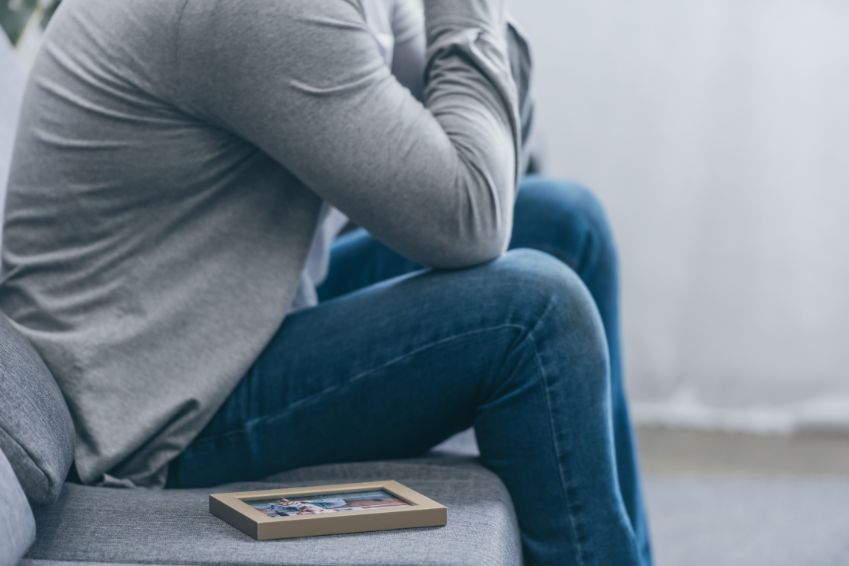
Experiencing the loss of a loved one is a challenging chapter in anyone’s life, one that triggers a cascade of emotions that can be difficult to navigate. We’ll provide compassionate and insightful guidance on identifying signs of unhealthy coping mechanisms for grief. As you traverse this road of healing, remember that you may feel a wide range of emotions, but some responses may signal that you might need additional support.
Risk-Taking Behavior
One of the prominent signs of unhealthy coping mechanisms for grief is an increase in risk-taking behavior. Risky behavior refers to actions undertaken with little regard for the potential negative or dangerous consequences. Grieving individuals may find themselves engaging in hazardous activities as a way to distract themselves from their pain or try to feel alive.
Examples of such behavior could include reckless driving, engaging in unhealthy relationships, or even participating in adventurous but potentially dangerous activities like extreme sports. While these activities might provide a temporary escape from grief, they often further complicate the healing process and may result in physical harm or legal issues. Recognizing these patterns early and seeking professional help to navigate the grieving process safely is crucial.
Substance Abuse
Substance abuse is another prevalent sign of unhealthy coping mechanisms in grieving individuals. In an attempt to numb the pain or escape their reality, some turn to alcohol, drugs, or even prescription medications. This reliance on substances might provide temporary relief, but it often leads to addiction, further complicating their emotional well-being and potentially leading to serious health issues.
Grief, though overwhelming, is a part of the healing process, and you must face it head-on. Healthier ways to cope with grief include seeking professional mental health services, joining a support group, expressing your feelings through writing or art, spending time in nature, or practicing mindfulness and meditation techniques.
Isolating Oneself
Isolation is another common sign of unhealthy grieving, manifesting as a tendency to withdraw from social interactions and activities that you once enjoyed. After experiencing a loss, you may crave solitude as part of the grieving process. However, when solitude evolves into persistent self-isolation, it can indicate an unhealthy coping mechanism. Individuals may find themselves avoiding friends and family, neglecting responsibilities, or losing interest in hobbies they once loved. This self-imposed isolation can exacerbate feelings of loneliness and sadness and delay the healing process.
Recognizing this sign is crucial, as it’s often a cry for help masked behind a facade of independence or resilience. Remember that seeking help is a sign of strength, not weakness. If you or someone you know is showing signs of self-isolation after a loss, it may be beneficial to reach out to a mental health professional or trusted individual in your life.
As you go through your grieving journey, watch for these common signs of unhealthy grieving mechanisms. Contact Soulistic Hospice today for grief support groups in Tucson, AZ. You’re not alone in this journey, and there are many resources available to assist you. With help and time, you will navigate through this difficult period and emerge stronger on the other side.








